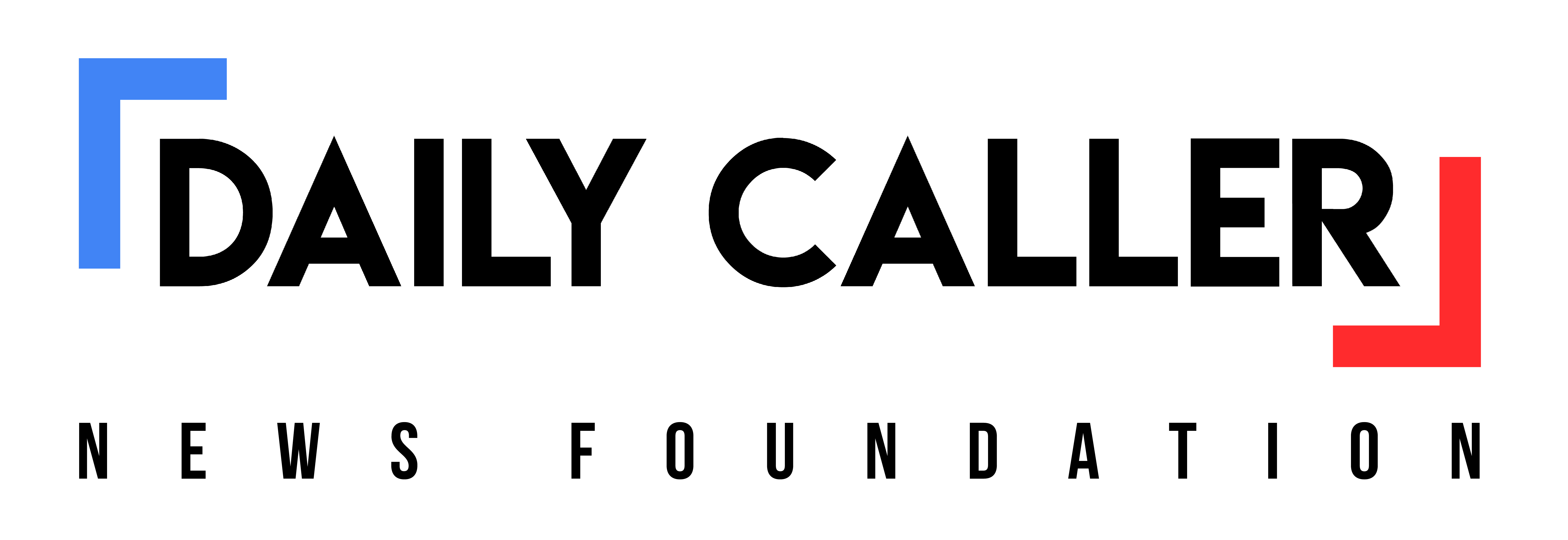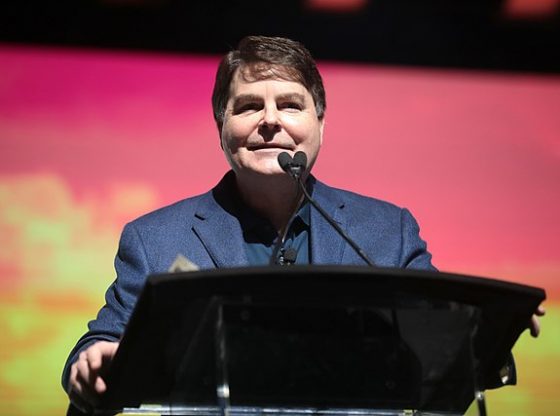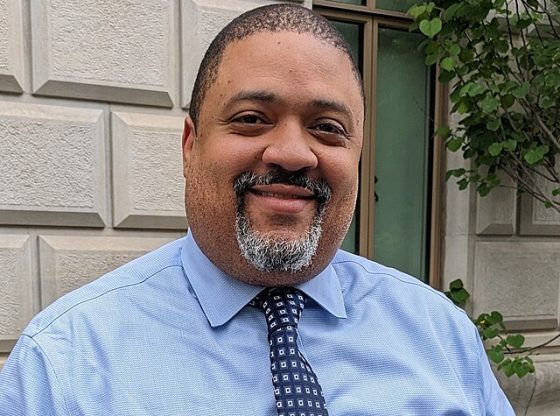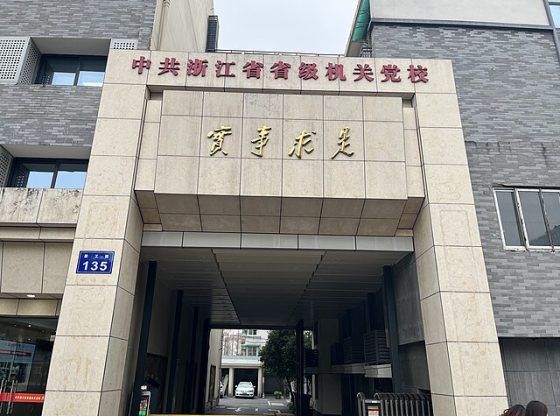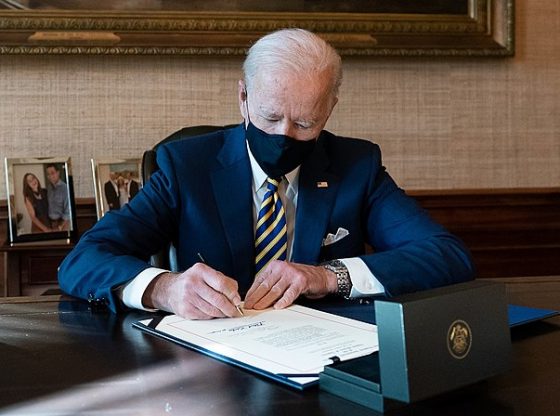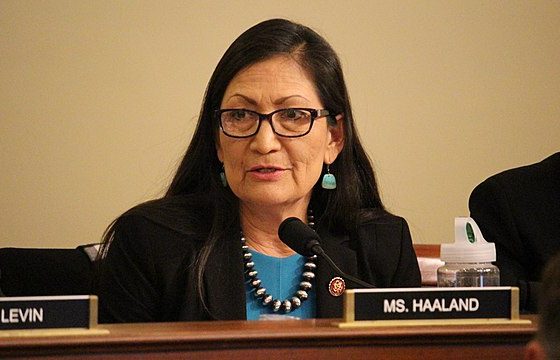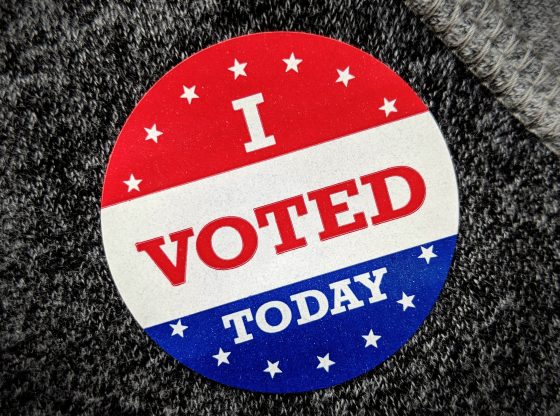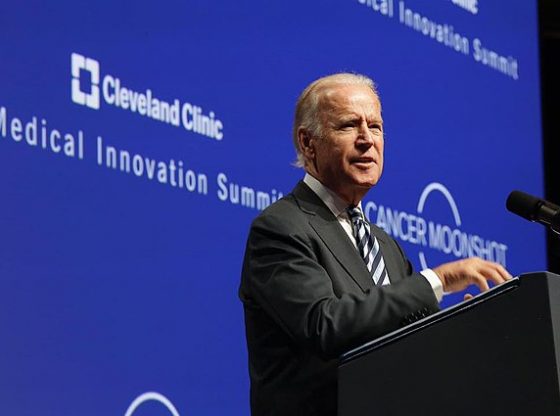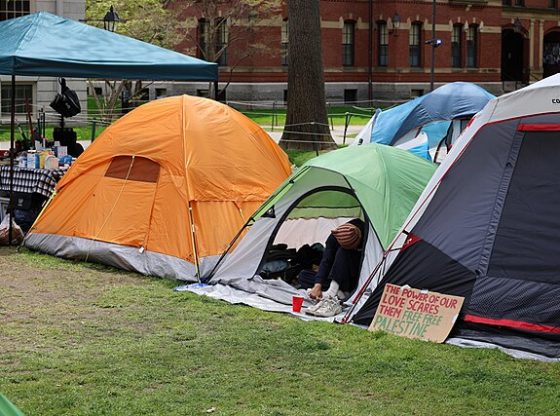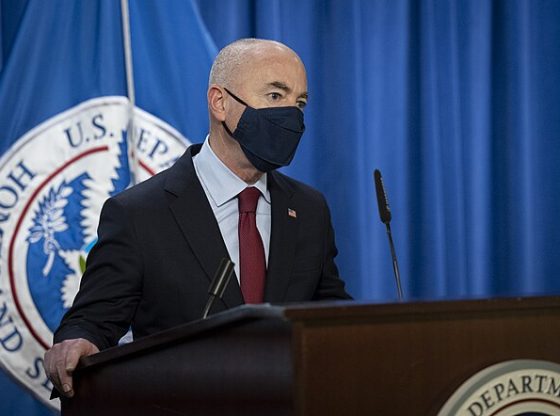New reports on the Department of Justice’s (DOJ) drafting of Hunter Biden’s “sweetheart” plea deal undermine the Department’s claims that a promise of immunity should not have been a factor in Hunter Biden’s decision to plead guilty.
In an August 15 filing attempting to blame Hunter Biden’s legal team for the plea deal falling through, Special Counsel David Weiss argued that he did not “renege” on a “previously agreed-upon” plea agreement that, along with language in a pretrial diversion agreement for the felony gun charge, would have granted Hunter broad immunity from prosecutions related to, among other things, his foreign business dealings. However, according to communications reported by Politico, the DOJ knew that broad immunity from future prosecutions, the text of which made its way into the pretrial diversion agreement, was “critical” to Hunter’s lawyers agreeing to the plea deal.
Weiss referenced paragraph 13 of the plea agreement in his filing, which stated that the agreement “supersedes all prior promises, representations, and statements of the parties” and that “any and all promises, representations, and statements made prior to or after this Memorandum are null and void and have no effect whatsoever.”
However, the DOJ was informed by Hunter Biden’s lawyer, Chris Clark, during negotiations that such immunity was “critical” for Hunter’s lawyers to agree to the deal, according to Politico.
Clark initially sent Lesley Wolf, a senior prosecutor in the Delaware U.S. Attorney’s Office who he had “developed a rapport” with, proposed language stating that the DOJ would not prosecute Hunter Biden for anything investigated by Weiss and “any other federal crimes relating to matters investigated by the United States,” according to The New York Times. This first draft was sent May 18, Politico reported, shortly before the airing of IRS whistleblower Gary Shapley’s account of how the DOJ slow-walked the Hunter Biden investigation.
The original deal — which Wolf backed — did not include a guilty plea.
After the interview aired, the DOJ and Hunter’s legal team began hammering out a deal in which Hunter Biden would plead guilty to tax charges.
On June 2, Clark emailed Wolf that protection from prosecution was vital to that deal, and suggested language stating the U.S. would not prosecute for “any federal crimes arising from the conduct generally described” in the plea deal and diversion agreement, according to Politico.
Politico reports that Wolf sent the final language on June 7.
“The United States agrees not to criminally prosecute Biden, outside of the terms of this Agreement, for any federal crimes encompassed by the attached Statement of Facts (Attachment A) and the Statement of Facts attached as Exhibit 1 to the Memorandum of Plea Agreement filed this same day. This Agreement does not provide any protection against prosecution for any future conduct by Biden or by any of his affiliated businesses,” it stated.
This language was included in the pretrial diversion agreement.
The statement of facts detailed payments Hunter Biden received from business dealings in China, Ukraine and Romania.
🧵Having read the Politico and NYT stories that came out tonight thanks to Hunter Biden's legal team handing all their emails over to the press, I have several thoughts. /1
— Tristan Leavitt (@tristanleavitt) August 20, 2023
During the July 26 hearing, DOJ prosecutor Leo Wise affirmed to District Judge Maryellen Noreik that an investigation was ongoing and that charges under the Foreign Agents Registration Act (FARA) remained a possibility. Clark disagreed.
Hunter Biden’s lawyers said in their August 13 filing that their understanding of the scope of immunity was “corroborated by prosecutors’ contemporaneous written and oral communications during the plea negotiations.”
The new reports also cast further doubt on Weiss and Attorney General Merrick Garland’s denial of whistleblower testimony stating Weiss did not have full authority in the case and that Biden was receiving preferential treatment.
Clark repeatedly sent emails seeking meetings with high-level DOJ officials between the fall 2022 and spring 2023, according to Politico. Hunter Biden’s lawyers also told the DOJ bringing charges could be seen as caving to public pressure and could destroy trust in the DOJ, the outlet reported.
“Now, it appears that if it weren’t for the courageous actions of these whistleblowers, who had nothing to gain and everything to lose, Hunter Biden would never have been charged at all thanks to the sweetheart treatment of federal prosecutors in Delaware,” lawyers for IRS whistleblower Gary Shapley said in a statement responding to the new reports.
Wolf, who whistleblowers accused of blocking inquiries into Hunter Biden, including a proposal to search a guesthouse on Joe Biden’s Delaware property where his son had stayed, took a reduced role in the case after the plea deal was announced in June, according to the NYT. Clark moved to withdraw as Hunter Biden’s attorney August 15, as he could be a necessary “witness” to the “negotiation and drafting of the plea agreement and diversion agreement.”
The DOJ declined to comment.
Katelynn Richardson on August 21, 2023
